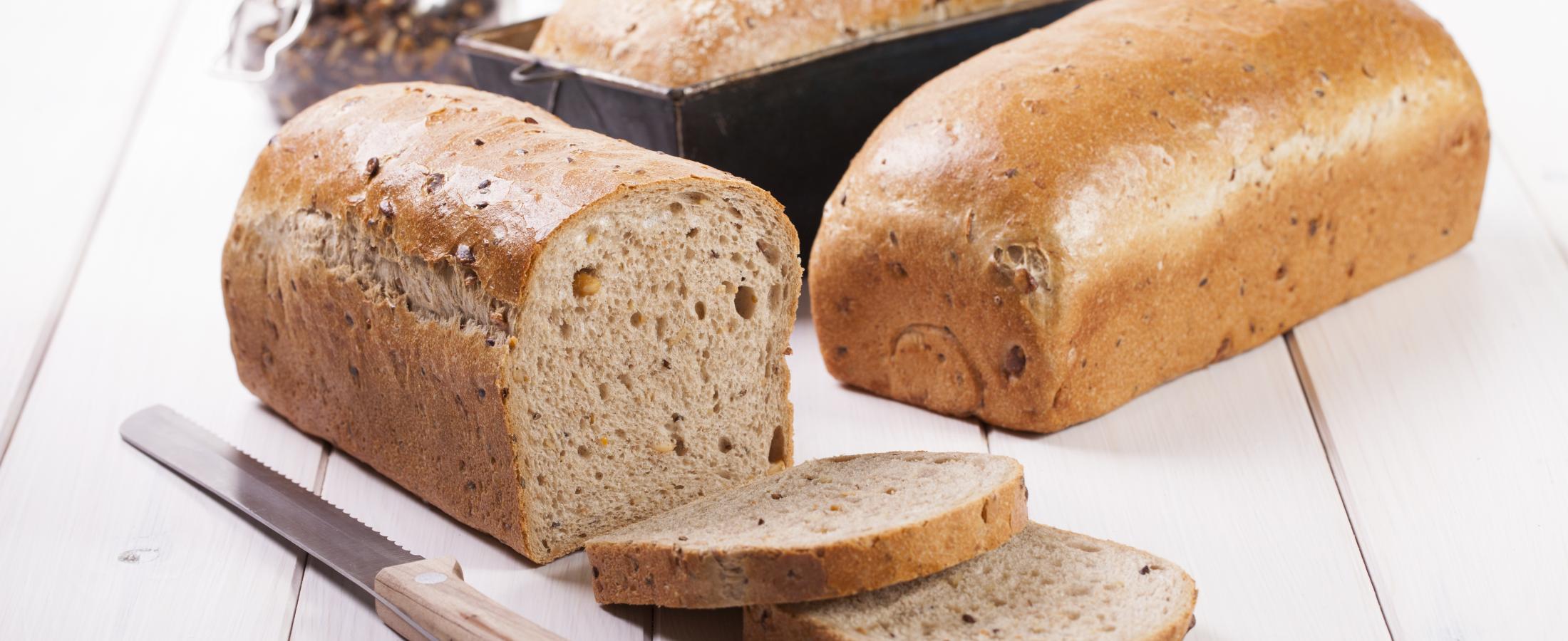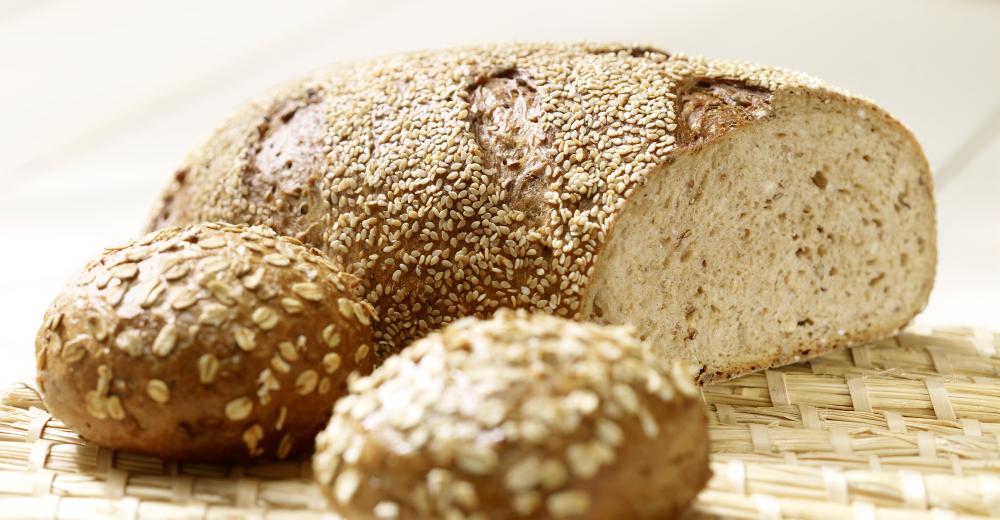Products from organic farming can enter the consumer market as primary agricultural products like potatoes and vegetables or processed products such as bread and milk. For a product to be called "organic", its production must comply with legal rules (legislation and supervision). Compliance with these rules is monitored by competent national authorities.
In the European Union, the rules on organic production methods, labelling, and composition are covered by EU Regulation 2018/848 and its underlying implementing provisions. Enforcement and monitoring for compliance with the requirements are arranged locally in the individual member states by different competent authorities.

Composition and production of organic bread
An organic product must consist of at least 95% ingredients from organic agricultural practices. Besides agricultural ingredients, some permitted additives and auxiliary substances may be used.
In organic bread, for example, only organic lecithin is allowed as an emulsifier. Organic yeast is becoming increasingly available, but non-organic yeast can still be used if not more than 5%. It is, however, not allowed to use both organic and non-organic yeast together.
Enzymes normally used in food production are permitted to be used, but differences in local interpretation may exist specifically with regard to the GMO origin of enzymes. Fortification with vitamins and minerals is generally not allowed unless it is mandated by national law and the product cannot be placed on the market in a member state without being fortified.
To produce organic bread the complete company description must be recorded and each recipe has to be approved. The organic ingredients as well as production method and mass balance have to be `approved by an annual audit done by the relevant competent authorities.
Bread products with organic alternatives

Organic bakery products other than bread.
Other organic bakery products, such as pastries, can also be made. In principle, the same rules as with organic bread apply, both for ingredients and production methods. Generally, pastry products are more complex in composition than bread, which can make it more difficult to meet the requirements of organic production.
Pastry products with organic alternatives
Organic products from Zeelandia
Zeelandia supports consumers’ and governments’ desire to grow the organic segment. This is why Zeelandia's range includes organic bread improvers and mixes. We also offer a range of organic pastry ingredients, including almond paste as well as release agents and lubricants.
All these products are officially certified, allowing them to be used in organic bakery products. By utilising Zeelandia's organic products, it is possible to achieve exceptional quality in your organic offerings. For the production and sale of organic products, certification by competent authorities is required.







